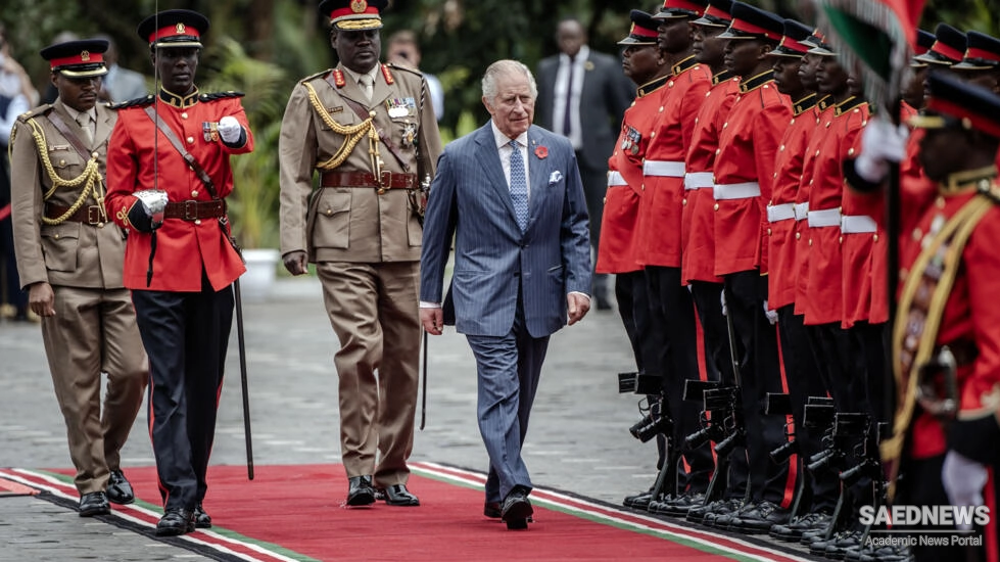SAEDNEWS: The global movement was forged this week in a summit in Ghana, with the 55-member African Union partnering with the Caribbean Community (Caricom) of 20 countries.
They announced that the African Union would explore “litigation options” and work with the United Nations to assess “whether acts of enslavement against Africans constituted serious violations of human rights at the time they were committed.”
Ghana’s President Nana Akufo-Addo said at the opening of the conference that the entire period of slavery meant that “our progress, economically, culturally, and psychologically, was stifled.”
“There are legions of stories of families who were torn apart … You cannot quantify the effects of such tragedies, but they need to be recognized,” he added.
He asserted that the entire continent of Africa deserves a formal apology from the European nations, adding no amount of money can restore the “damage caused by the transatlantic slave trade and its consequences.”
Carla Barnett, Caricom’s secretary general, told the conference: “We are at an important inflection point in the global movement for reparatory justice.” She said it was critical to “speak with one voice to advance the call for reparations.”
Caricom’s 10-point plan for reparatory justice asks for a full formal apology, debt cancellation, and for former colonial powers to invest in countries’ health and education systems.
Meanwhile, the British Foreign Office said that the UK government remains resistant to the concept of reparations.
Asked earlier this year by the Labour MP Bell Ribeiro-Addy whether he would offer a “full and meaningful apology” for Britain’s role in slavery and colonialism and commit to reparatory justice, the UK prime minister, Rishi Sunak, replied “no.”
“Trying to unpick our history is not the right way forward and is not something we will focus our energies on,” Sunak said.
At least 12 million Africans were forcefully taken by European nations between the 16th and the 19th century and enslaved on plantations - presstv.


 Iran's Media Condemn Israel's Genocide of Palestinians in Gaza
Iran's Media Condemn Israel's Genocide of Palestinians in Gaza














































